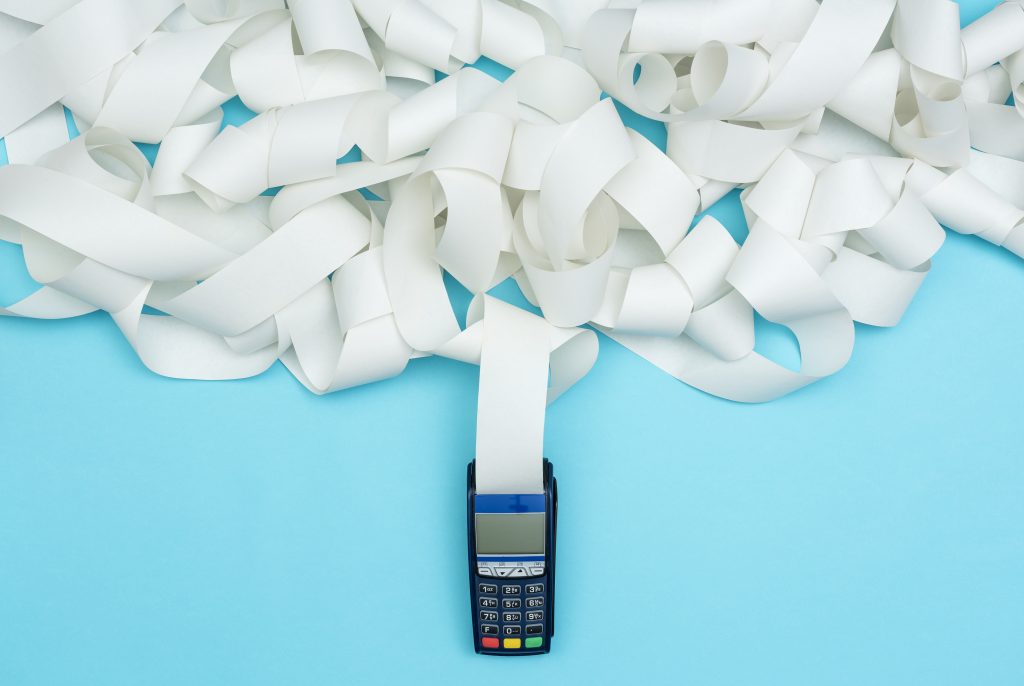Do you know what is taxable at your convenience store or gas station? Your decisions about your back-office system (BOS) and point-of-sale (POS) tech could make all the difference in the Texas Comptroller’s audit approach and outcome.
When the Texas Comptroller’s office goes about auditing a c-store’s accounts, the POS in use influences how they approach their audit. The following are some things you should know to ensure a clean audit.
Using POS Tax and Non-Tax Keys
The Texas Comptroller knows that when you use tax and non-tax keys, you rely greatly on the cashier’s knowledge, proper training and error-free entries. Because of this, they may use tests to determine:
- Your knowledge as to which items are taxable and which are exempt from tax
- The guidelines or information given to the cashiers to determine taxability
- Your exact sales tax reporting procedures
In addition, they may:
- Trace the postings of taxable sales and tax collected from cash register tapes to summary records and to the tax returns
- Verify the reliability of this procedure by comparing it to the results of the application of the purchase ratio method, at least on a preliminary sample basis
How a Back-Office and POS System Changes an Auditor’s Approach
It may also surprise you to know that the Texas Comptroller understands the fundamentals of more sophisticated POS technology and its integration with back-office systems. Their approach, in this case, seems less burdensome.
An audit of a taxpayer using the “product code” system may be limited to:
- Verification of the correct internal coding for taxable and nontaxable items;
- Verification of summary records generated by the system; and
- The inclusion of all receipts for report periods.
Final Thoughts
Every retailer needs to determine the cost-benefit of investing into POS-enabled back-office technology. This is just one example of how this automation helps c-store and gas station retailers.
Resource: https://comptroller.texas.gov/taxes/audit/manuals/


